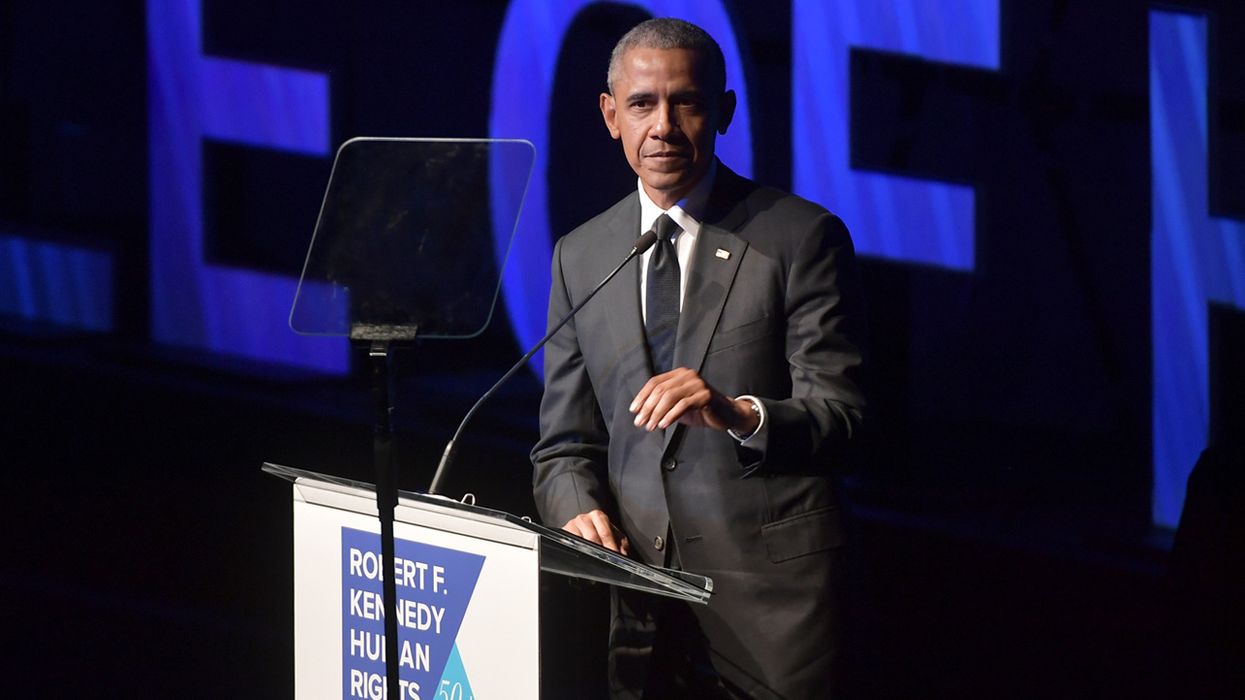
Michael Loccisano/Getty Images for Robert F. Kennedy Human Rights

Another loss for Obama
An Obama-era standard that maintained companies are liable for illegal labor practices by their contractors or franchisees was too broad, a federal appeals court ruled Friday. The ruling spelled a victory for business groups that have worked to get the standard overturned.
In a 2-1 ruling, the U.S. Court of Appeals for the D.C. Circuit stated that a 2015 National Labor Relations Board decision did not properly define the criteria for reclassifying contract or franchise workers as so-called joint employers.
According to Reuters, joint employers must bargain with contract workers' unions and can be "held liable for violating those workers' rights under federal labor law."
Business groups have made it a priority to get the 2015 standard overturned, according to the report. That included the U.S. Chamber of Commerce, the nation's largest business lobby. The organization maintained that the Obama-era standard "threatened to upend supply chains and the franchise model," the report stated.
The current NLRB board has a majority that was appointed by President Donald Trump. In September, the board proposed a rule that would restore an earlier standard for determining when a company is considered a joint employer, the report states. The board expects to adopt a final rule by June.
Under the proposal, companies would be considered joint employers with their contractors or franchisees only if they can directly control issues such as hiring and firing workers and setting wages, according to Reuters.
In 2015, the NLRB maintained that more indirect control over – such as how is performed – was enough to establish joint employment.
The NLRB rejected that standard in a December 2017. But two months later, the decision was nixed because a board member appointed by Trump reportedly had a conflict of interest, the report states.